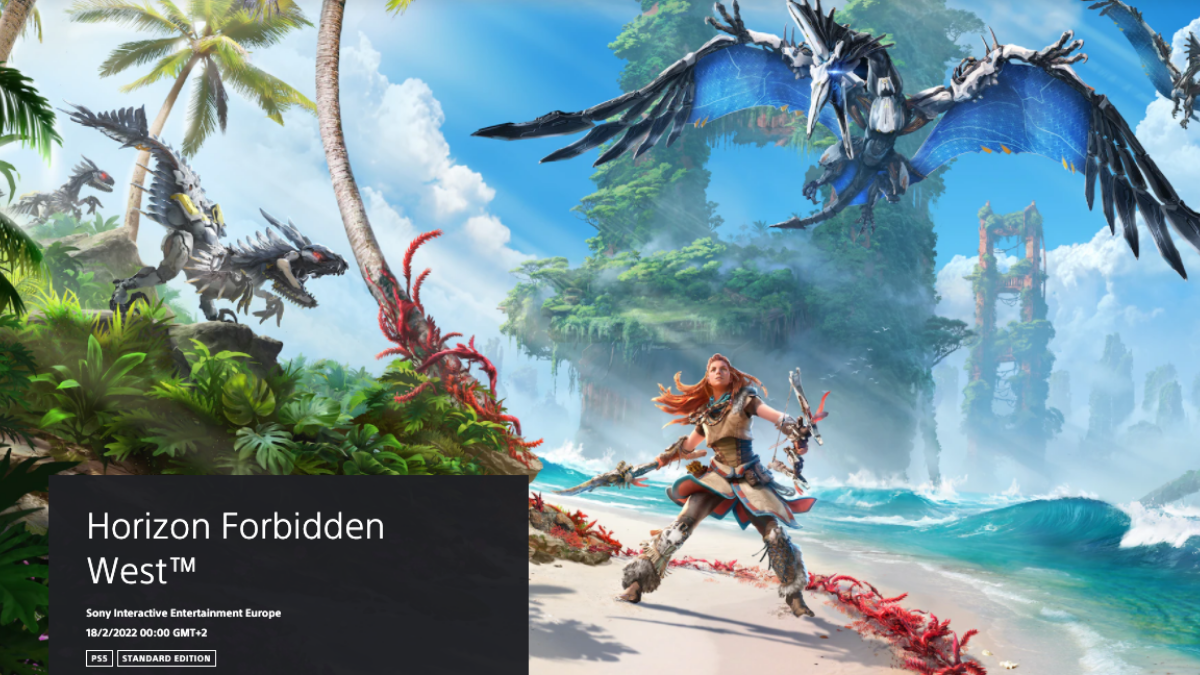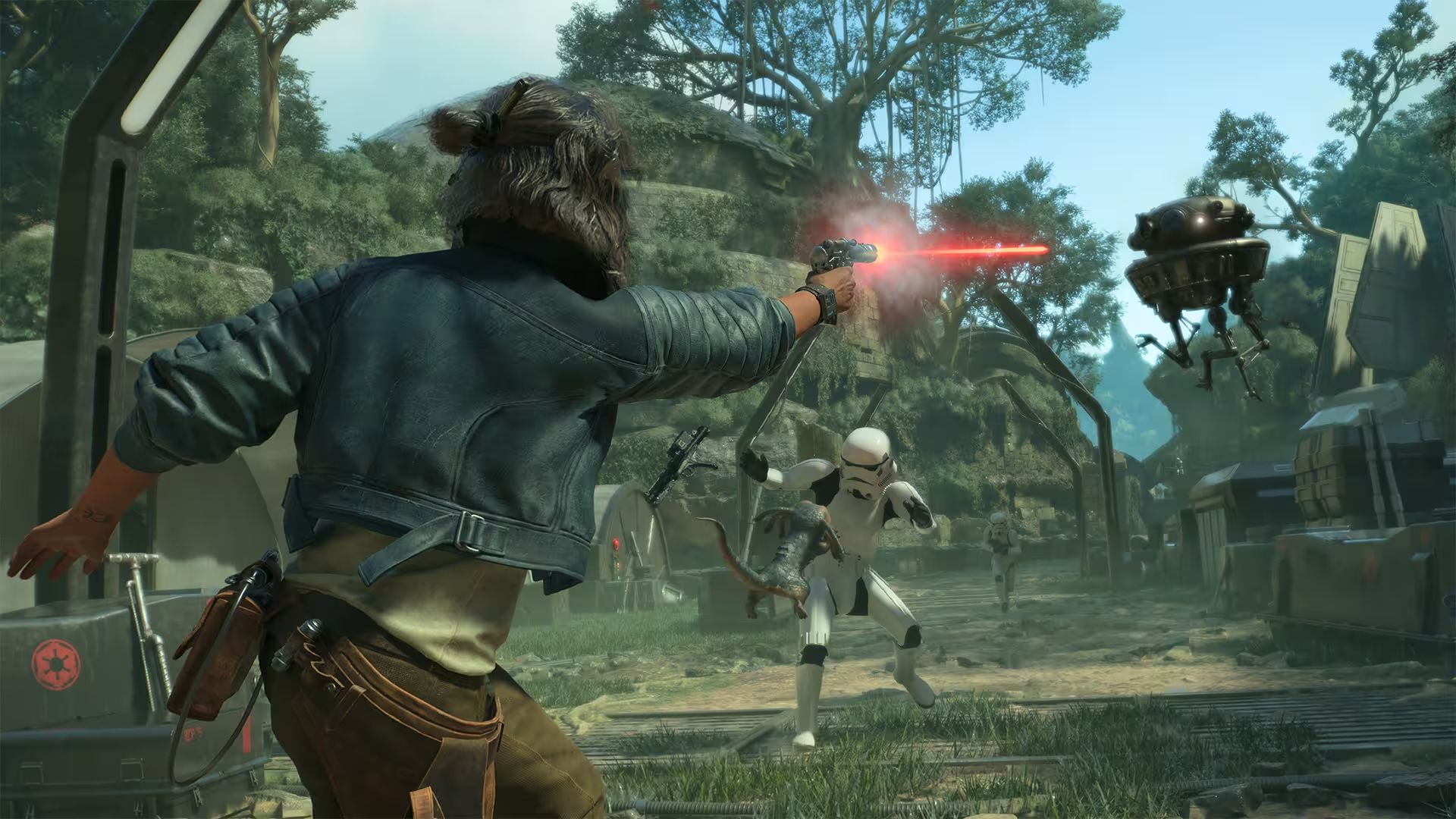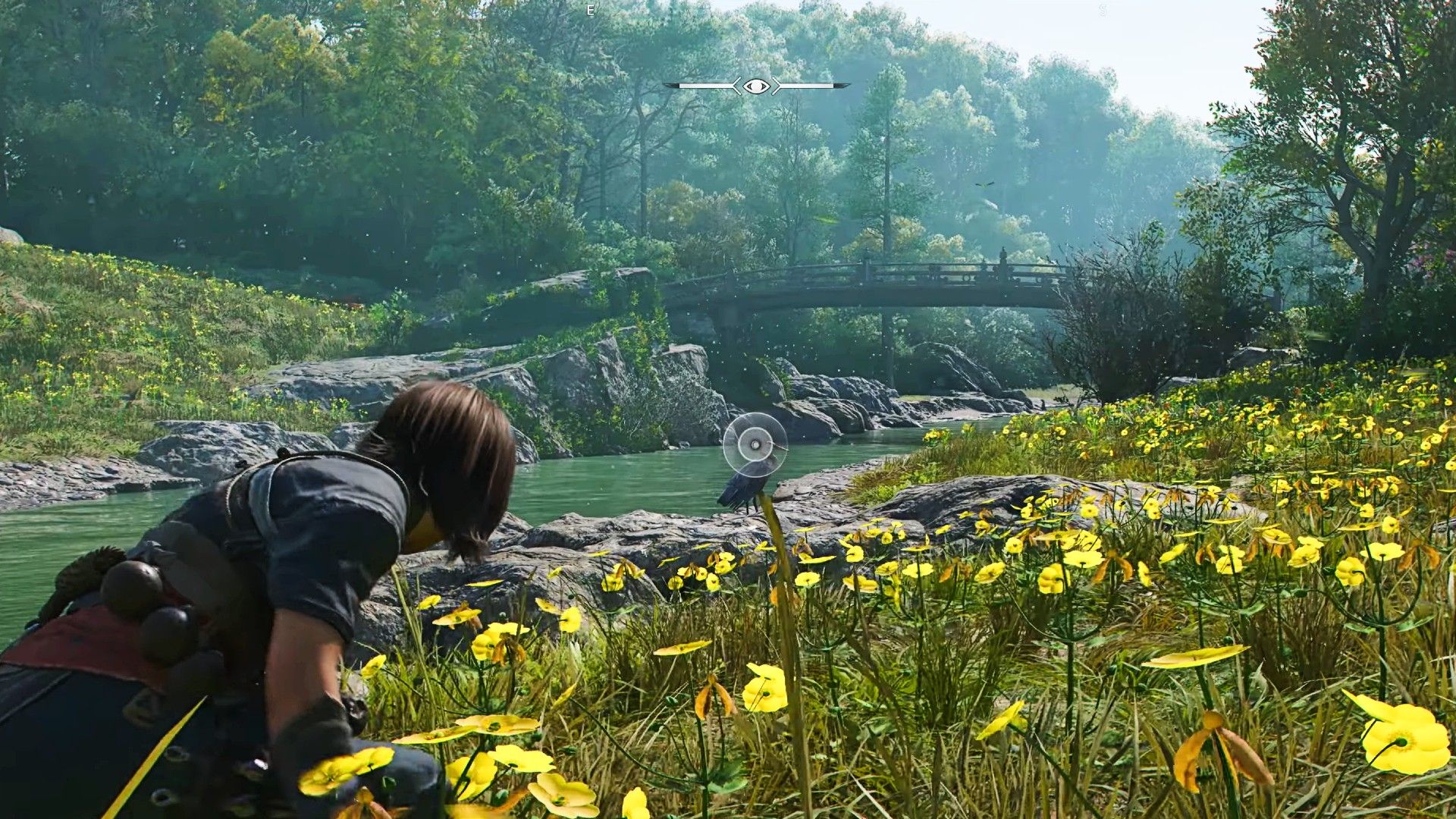Staring down the barrel of yet another 100+ hour open-world game, I can’t help but fondly remember the days when I could start a game after school on a Friday, and see the credits roll no later than Monday morning. More of that please!
I Used To Rent and Beat Games From Friday to Monday
Like most people, I now “own” an enormous collection of digital video games. Most of which I’ll probably never finish, and some I’ll never start. However, when I was a broke child, the idea of buying video games was a little far-fetched. The best we could do in most cases was rent a game from the local video store. For a long time, we had to rent the console too!
So, if you rented a game that was going to take longer than a weekend to finish, you may never have the chance to rent it again. I fondly remember renting Metal Gear Solid, which is easy to finish over a weekend—unless your rental copy doesn’t include the crucial codec frequency on the back of the original game jewel case you need to progress past a certain point!
Rental game packaging shenanigans aside, my friend and I scraped together some cash and rented Resident Evil 2 over a long weekend and had to tag-team play the game nonstop to get it all done before late fees would apply.
These Days, Gamers Are Asking for Longer and Longer Games
The writing is on the wall when it comes to game length, it seems. Over the past few years, I have repeatedly seen gamers complaining on forums and social media that games cost too much for the number of hours they get to play them. If a game is “only” ten or twenty hours long, that doesn’t seem worth the price.
New AAA games often make their long play times part of the marketing. “Come spend hundreds of hours on our game!” they say, but they don’t tell you that most of those hours are going to be pretty empty experiences.
Game Development (and Games) Are Becoming Unaffordable
You’ve probably read at least one or two articles about how video game development budgets are out of control. A big mainstream title now costs hundreds of millions to make, and then it still takes five years or more to push out a buggy half-finished mess that will only really be in good shape after a year of patching.
At the same time, developers have to increase game prices, and then aggressively push auxiliary monetization in the form of microtransactions. This whole trend benefits no one, and gives us bloated games that hide the smaller, fantastic core game that could have been.

Related
5 Reasons Not to Buy Games at Launch Anymore
It’s tempting to buy a game the minute it launches, but you should probably wait.
There’s Nothing Wrong With “Short” Games
If I think back to when I owned my first PlayStation 2 in college, I could only afford to have about a dozen games at any one time, selling the ones I was done with to pay for my next purchase. Back then, I’d rather spend money on a game like Final Fantasy X, because I needed something that could keep me busy for a whole month.
These days the problem isn’t that games are too short, it’s that there are too many games. And, for all our complaints about the cost of new games, titles get discounted to barely anything within a year or two of launch, so most people probably don’t have any shortage of games to play.
This is just one of the reasons that I don’t think there’s anything wrong with a “short game”. Somewhere between ten and twenty hours for an action adventure is plenty. Look at Mass Effect, a meaty RPG considered one of the best of all time, and most playthroughs are in the high teens or lower twenties. Absolute completionists might spend 40 hours in the game.
Compare that to the last installment in the series, and the play time has been puffed up considerably.
You’ll see this in many game series, where total game time has been inflated, despite people having access to more games and the number of hours in a day still being the same.
It’s Mostly Fluff Anyway
I don’t want to complain about getting games that offer lots of content if it’s good. Games like Baldur’s Gate 3 and Kingdom Come: Deliverance 2 have enormous adventures, but they are packed wall-to-wall with high-quality, unique content.
That’s not true for most of the bloated games on the market today. One of the saddest examples has to be the Assassin’s Creed franchise. These used to be tight action story games that were done in under 30 hours, and that’s if you were trying to get the most out of the game. Later games like Assassin’s Creed: Odyssey has a completionist play time of a whopping 150 hours, with the mixed average being around 100 hours!

Related
Which, you know, fine, but when I actually played the game it turns out it takes a long time because the developer had stuffed the game with fluff. Not only that, but by using light RPG mechanics, main game progress is gated by your level until you can grind enough pointless drivel to tackle the next part of the main story. Needless to say I have never finished this one, but I have replayed the classic titles in the series instead.
These days, I’m finding my high-quality shorter games in the so-called “Double A” segment of the market. Games like RoboCop: Rogue City, which takes about 15 hours to see and experience everything worth seeing, and then you can hop right back in if you like with the “New Game Plus” that players frantically begged for. Dynamite comes in small packages, is all I’m saying.








